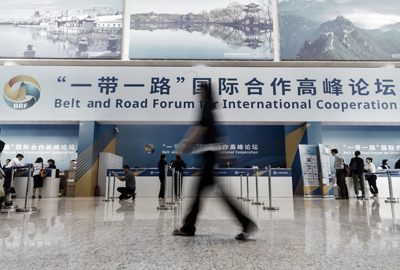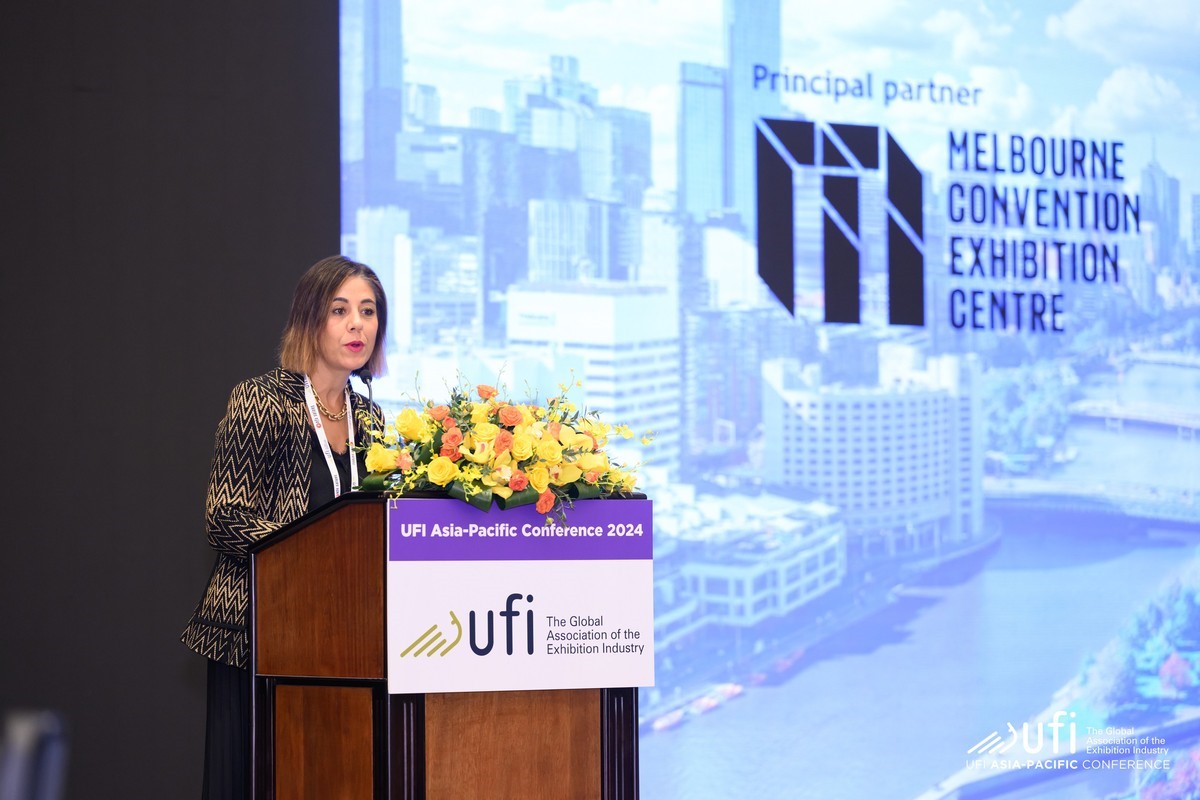
By next year, nearly 70,000 chambers of commerce and trade associations in China will lose government ties and financial backing, forcing them to go it alone in the world of commercial cut and thrust.
While many meetings industry professionals are upbeat about the “delinking” from government in theory – applauding the spirit of free enterprise and an avowed bid to raise professional standards – they are also quick to point out that it will not be easy for the organisations to adjust to market realities.
Other experts warn there are other hurdles to overcome, such as language, marketing and international inexperience, a culture of political dependency and corrupt practices, and say there is little hope of short- to medium-term gains.
The delinking reform dates back to 2015, when China’s State Council issued plans for trade organisations and chambers of commerce to gradually sever operational and financial ties with the government, with all financing to end by next year.
It has been common practice for retired or serving government officials to chair trade associations, but the reform regulation prohibits public servants and those who have been retired for less than three years from holding trade association posts. Officials who have been retired for more than three years will be able to apply to work for associations, but those already working for them will lose their government positions if they choose to stay.
Revenue
 International Association of Congress Centres (AIPC) vice-president Aloysius Arlando (left) says the delinking process is a bid “to establish a desired level of standards and professionalism and adopt market-based practices so associations can become accountable and responsible for the activities they undertake”.
International Association of Congress Centres (AIPC) vice-president Aloysius Arlando (left) says the delinking process is a bid “to establish a desired level of standards and professionalism and adopt market-based practices so associations can become accountable and responsible for the activities they undertake”.
“AIPC envisages that, in order to be self-reliant and market-oriented, the decoupled/de-linked industry associations will need to explore suitable revenue-generating activities, such as business events, to develop business leads, build industry networks and conduct knowledge exchange with global industry players,” he says. This also offers potential to outsource management, as well as education and training, to “strengthen management practices and industry professionalism”.
Arlando says AIPC “stands ready to offer its suite of services on centre management excellence, as well as sharing on best practices in other industry associations.”
 IAPCO, the international association for professional conference organisers, has appointed Beijing-based IME Consulting as its China representative. Alicia Yao (right), IME’s managing director, says there are several strands to the reform that address the fact that “Chinese associations’ structures are not perfect, supervision and management is not in place, [there is a] lack of innovation and development, [and] insufficient service is the major problem, which delays industry development”.
IAPCO, the international association for professional conference organisers, has appointed Beijing-based IME Consulting as its China representative. Alicia Yao (right), IME’s managing director, says there are several strands to the reform that address the fact that “Chinese associations’ structures are not perfect, supervision and management is not in place, [there is a] lack of innovation and development, [and] insufficient service is the major problem, which delays industry development”.
Alicia Yao: China’s Great Delink couldn’t come sooner
Talent scarcity
Yao details the delinking process as involving the separation of institutions and functions, regulation of administration, separation of assets and finances, standardisation of employment relationships and dealing with management structure and international affairs.
She says delinking can improve the level of service of associations but it will take time as they are “weaned off” government support.
“According to statistics, 70 per cent of China’s trade associations and chambers of commerce are poor in capital, talent, membership services and other aspects of management,” says Yao.
“Right now in China, association management talent is scarce. Associations have begun to hire some MICE, PCO or event managers to build up their own event management teams, mainly to manage their own exhibitions, conferences, and events, to make sure the associations first make money, solve financial problems and create their own brands.”
Losing government funding will force associations to “learn to swim in the sea”. “China’s ‘One Belt, One Road’ policy creates a huge ocean for the domestic and international market development of the associations, which provides a platform for the Chinese trade associations to learn to ‘swim’.”
Yao says it will be important for a new generation of professionals to adapt to the new environment. Reform will need “young professionals to replace the original government staff, who are the retirement pension holders… and get rid of the bad practices”. She says these have given rise to arrogance, lazy governance, and an ignorance of the market and members’ interests.
Other industry professionals mainly agree that it will be “sink or swim” for many of the trade associations.
Greta Kotler, chief global development officer at ASAE – the Center for Association Leadership – says they will have to “assess and meet market and members’ needs on a continual basis” to survive.
Cliff Wallace, honorary president of UFI, the global association of the exhibition industry, says: “In general, I think delinking from any government entity is good where our industry is adversely impacted (over and/or unreasonably regulated).”

Transparency
 Gunther Homerlein (left), country manager of Kenes Group’s Hong Kong office, says transparency will be a key factor in whether or not the reform will produce positive results.
Gunther Homerlein (left), country manager of Kenes Group’s Hong Kong office, says transparency will be a key factor in whether or not the reform will produce positive results.
“We have seen in other industries, where the government has given up all or part of its control over certain industries that the reality on the ground does not change much. What is required to improve professional standards and deliver opportunities is transparency, transparency in seeking out and selecting suppliers.
“Currently it is very opaque, [they] run events as if they are their own personal events. With transparency, the advantages and benefits of using true professionals becomes much more obvious and then we may see the standards raised.”
Homerlein warns the transition will both take time and have to overcome many hurdles. “How long in the West did it take to establish the parameters of the association events as they are experienced today? Decades. The Chinese will learn from this, but the pitfall is that if challenges arise, government regulators will shut down rather than readjust until they feel whatever loophole that existed is closed. Rather than be a gradual process, it will be stop-start.”
 Roy Ying (right), an event and association management specialist and former head of communications and external affairs with the Royal Institution of Chartered Surveyors, North Asia, says he sees the associations “struggling” in the short term.
Roy Ying (right), an event and association management specialist and former head of communications and external affairs with the Royal Institution of Chartered Surveyors, North Asia, says he sees the associations “struggling” in the short term.
“I don’t think they are in a position to export services or membership yet. Instead, I have a feeling there could be a higher level of import in terms of collaboration between local chambers and foreign chambers, and between local industry associations and global professional bodies.”
Ying says that although association financing will change, there are many functions and roles that will continue into the new era.
“Associations still have the remit of setting industry standards. They still hold professional knowledge in offering training. Their leaders are still former government officials who have extensive personal networks. Event managers just need to operate on commercial terms and bear in mind that they are no longer financially backed by the ministry.”
But if many meetings industry professionals are guardedly positive about the changes, Laurie Lau, director of Momentous Asia, based in Hong Kong, offers a gloomier assessment.
While he welcomes the idea of delinking, he doesn’t see the associations functioning successfully internationally, due to the separation from government, its money and ideology.
“In my experience, China associations have had little linkage with the international events industry. They are largely focused on domestic activity. The question is, are they good enough for internationalisation? I see a lot of them going bust and disappearing from the scene because they don’t know how to market themselves.”
Lau also sees language, cultural barriers and established “closed” practices such as graft as obstacles to development.


